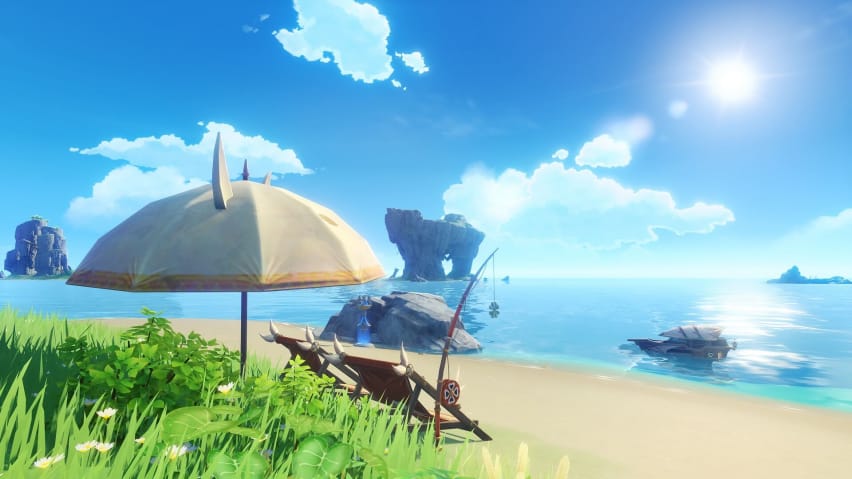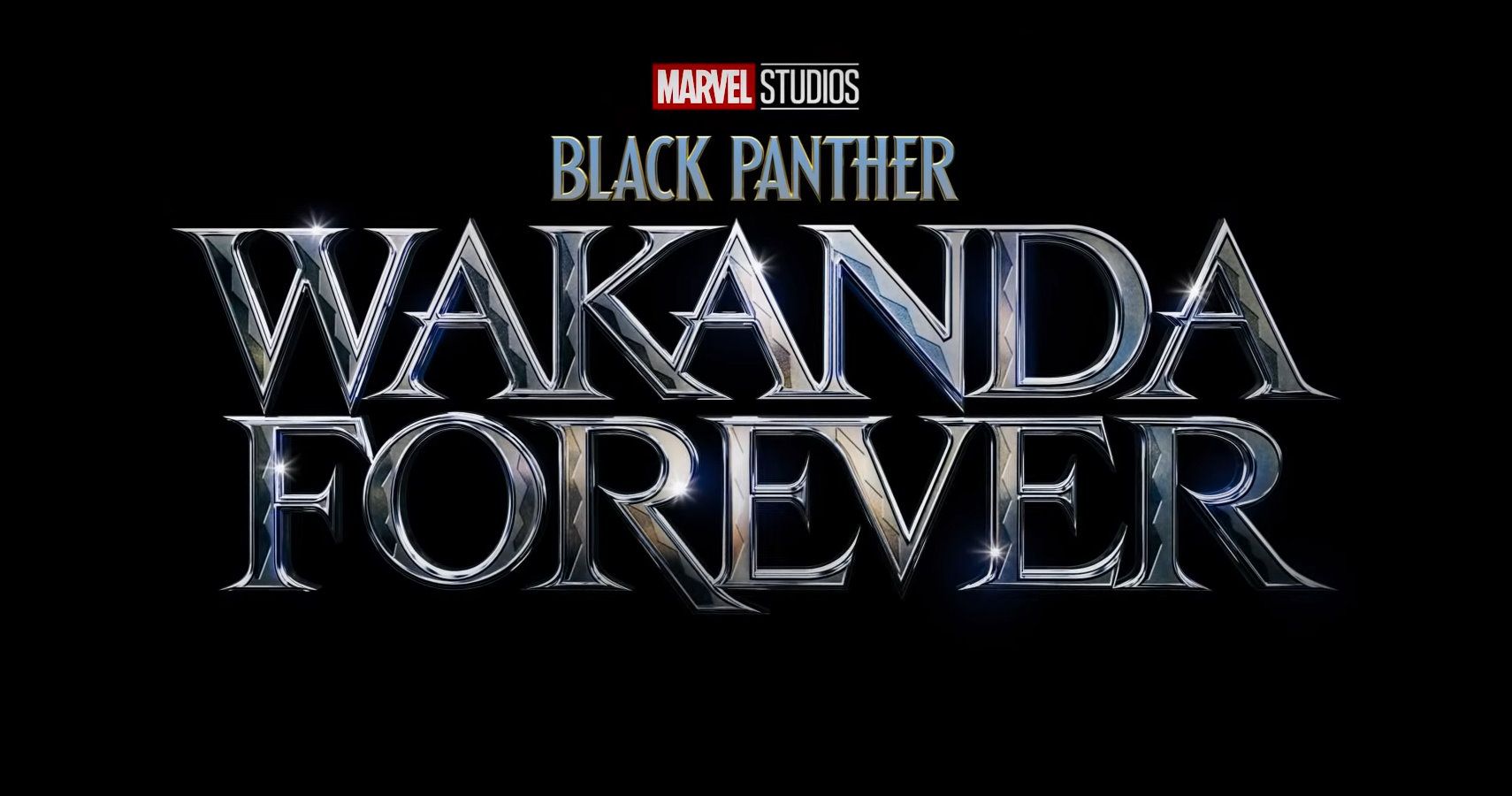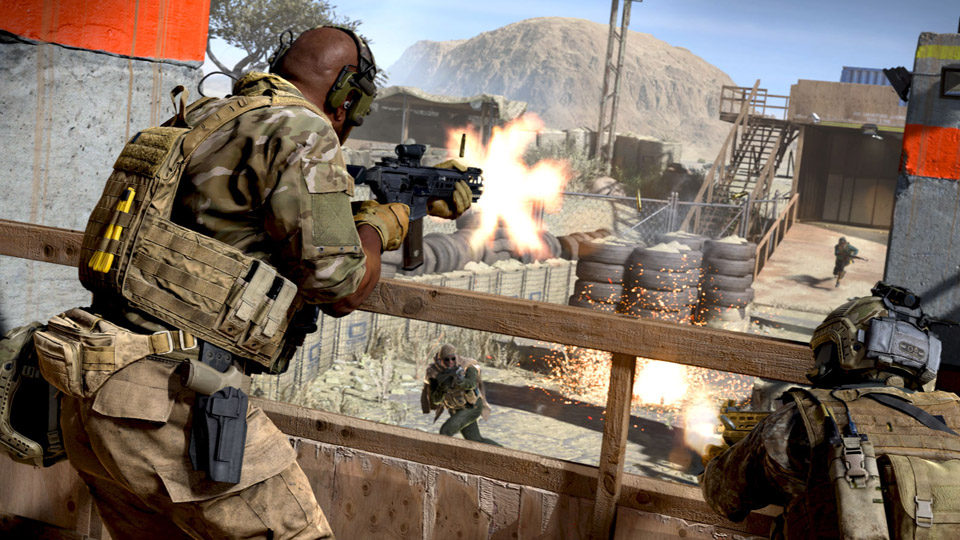
Sony expects that Activision games will still come to PlayStation consoles if Microsoft’s buyout is completed, keeping some of the biggest franchises in video games as cross-platform titles and not turning them into Xbox exclusives. You might be doubting them, but they cite existing contractual agreements between PlayStation and Activision as the reason for their belief.
A Sony spokesman told the WSJ that “We expect that Microsoft will abide by contractual agreements and continue to ensure Activision games are multiplatform.”
Activision and Sony have had a long-standing content exclusivity agreement with PlayStation for the Call of Duty franchise, dating back to the 2015 release of Call of Duty: Black Ops 3. Since that point, Activision has given timed exclusivity on DLC expansions (when paid map packs were still a thing), bundled in PlayStation exclusive game modes for Modern Warfare and Black Ops Cold War, or simply offered specific XP boosts and other perks to PlayStation players.
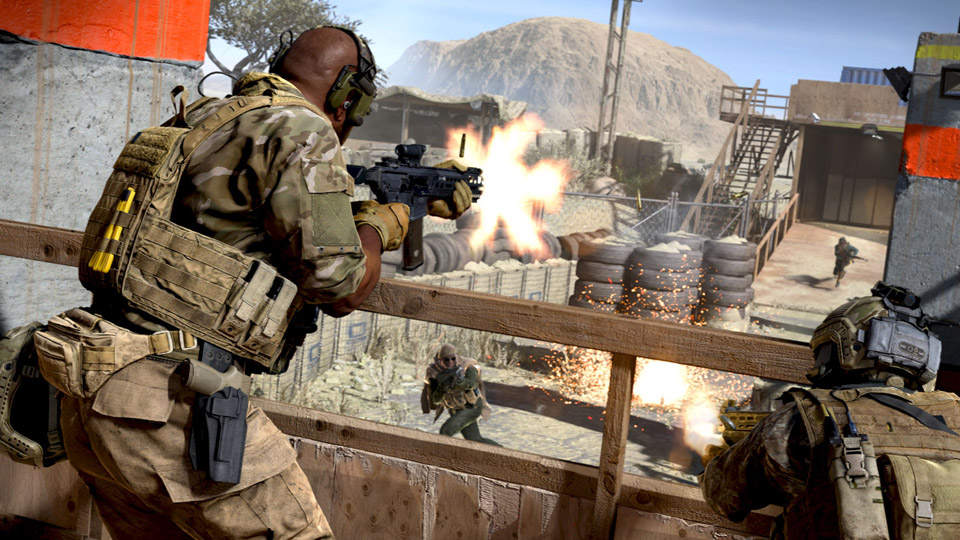
Modern Warfare and Black Ops Cold War both had timed-exclusive game modes on PlayStation.
That should allay some of the fears that many have had over the $68.7 billion Activision Blizzard buyout announced earlier this week, with Microsoft expected to shift previously cross-platform franchises to become Xbox, PC and Xbox Game Pass exclusives. Additionally, when asked directly about this by Bloomberg earlier this week, Xbox boss Phil Spencer said “I’ll just say to players out there who are playing Activision Blizzard games on Sony’s platform: It’s not our intent to pull communities away from that platform and we remained committed to that.”
All we have to do is look at Microsoft’s track record with their blockbusting gaming acquisition to find out what their most likely plan is. The company has never taken a hardline stance at acquired studios make their in-progress game releases into Xbox exclusives. Psychonauts 2 was a cross-platform release, albeit with an Xbox Series X|S exclusive upgrade for the new generation, while Wasteland 3 was released with Koch Media publishing. Similarly, despite having acquired Bethesda at the start of last year, Microsoft is honouring the exclusivity agreements that have made Deathloop and Ghostwire Tokyo into timed PlayStation 5 exclusives. Of course, where there hasn’t been an existing agreement, Microsoft and Bethesda have confirmed that Starfield, Redfall and The Elder Scrolls VI will be Xbox console exclusives.
Further Reading: What does Microsoft buying Activision Blizzard mean for gamers?
So, what can we expect to happen with Activision and Blizzard games? Call of Duty: Warzone is likely to be a permanent fixture across all platforms, the free-to-play game a money-spinner that nobody would sensibly want to shut down at this point. The main Call of Duty releases will likely stay as cross-platform games, while there’s still a contract to honour – historically this contract ran for five years from 2010-2014 when on Xbox, and would likely have been renewed in 2020 by Sony and Activision for PlayStation. This could see Call of Duty games remain on PlayStation until 2025, or until a set number of games have been released.
Outside of Call of Duty, and if Activision ever produce any games based on their collection of IPs that include Crash Bandicoot and Spyro, you can bet they will be Xbox exclusives from the off.
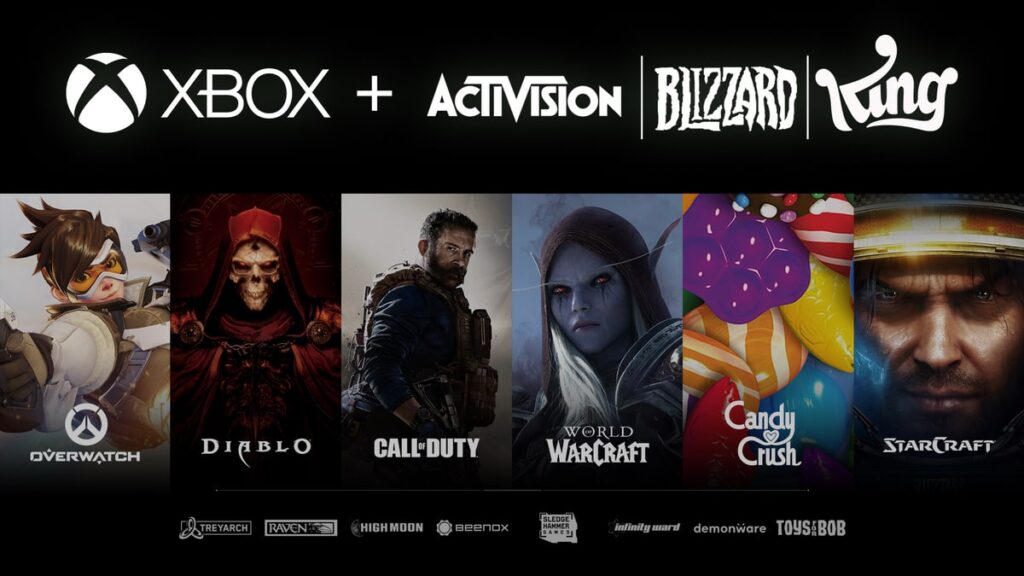
On the Blizzard side of things, Overwatch will be receiving a significant overhaul so that the game will remain in lockstep with Overwatch 2’s multiplayer content. That will likely continue to be the plan, though there’s a question mark over whether Overwatch 2 will be released on PlayStation, or if they’ll leave players with the old game. Diablo IV and all other future game releases will surely be Xbox console exclusives, though. Of course, that depends on whether either game is released before or after any Microsoft buyout can be completed.
That’s a big if, as the last twelve months have seen much greater scrutiny on tech giant acquisitions by government regulators.
Source: WSJ (paywalled)


